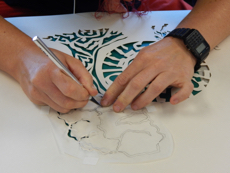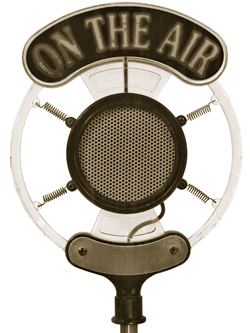The body is an intricate network of systems and also organs that interact to preserve its total health and wellness and also wellness. One essential component of this complicated system is the lymphatic system, which plays an essential role in immune feature, liquid balance, as well as the absorption of fats from the gastrointestinal system. At the heart of this system exists the lymph nodes, tiny bean-shaped structures distributed throughout the body. In this short article, we will explore the functions, places, and value of lymph nodes thoroughly.
What are Lymph Nodes?
Lymph nodes, likewise called lymph glands, are part of the lymphatic system, a network of vessels and cells that bring lymph, a clear fluid including leukocyte, throughout the body. These little, oval-shaped nodes range in size from a couple of millimeters to concerning a centimeter in diameter. They are linked by lymphatic vessels that make it possible for the flow of lymph from numerous parts of the body.
These nodes are tactically positioned in clusters within the body. While some are shallow and also quickly apparent, others are positioned deep within tissues as well as call for clinical imaging strategies for visualization. The average grown-up body contains about 600 to 700 lymph nodes, although this number can differ depending upon specific factors such as age, general wellness, as well as genetic tendencies.
Lymph nodes resemble filters or checkpoints that play an essential function in the body’s immune action. Their primary function is to filter lymph and also catch foreign fragments, such as germs, viruses, as well as uncommon cells like cancer cells. They supply an ideal atmosphere for immune cells, such as lymphocytes, to find and also install an immune action versus unsafe substances.
- Key Lymphoid Body Organs: These consist of the bone marrow and thymus gland, where immune cells called lymphocytes are created as well as matured.
- Secondary Lymphoid Body Organs: These encompass the lymph nodes, spleen, tonsils, and adenoids, among others, where immune cells run into and also reply to foreign substances.
Lymph nodes are major elements of the second lymphoid body organs as well as function as important sites for immune surveillance and also reaction. Their circulation mirrors the body’s demand to shield certain regions, such as the neck, underarms, groin, and also abdominal area, which are much more vulnerable to infection as well as call for elevated immune task.
Functions of Lymph Nodes
The features of lymph nodes can be extensively classified right into 3 primary roles: filtration, immune cell activation, and immune response sychronisation.
1.Filtration: As lymph flows via the lymphatic vessels, it passes through the lymph nodes, which function as filters. The nodes have specialized cells, such as macrophages and also dendritic animale me cells, that capture and swallow up foreign particles, antigens, as well as harmed cells. This purification procedure assists to eliminate bacteria, viruses, and also other possibly unsafe materials from the lymph prior to it goes back to the blood stream.
2.Immune Cell Activation: Lymph nodes are crucial sites for the activation as well as expansion of immune cells. When lymphocytes experience antigens, they end up being triggered as well as go through clonal development, resulting in a raised variety of immune cells that can target and also eliminate the details antigen. This immune cell activation occurs within the lymph nodes, where lymphocytes communicate with other immune cells and also obtain signals to stimulate an immune feedback.
3.Immune Action Coordination: Lymph nodes play an essential role in collaborating an efficient immune reaction. They act as communication centers where immune cells, antigens, and also indicating particles communicate. By promoting the communication in between various immune cells, lymph nodes assist manage the proper immune reaction, including the production of antibodies and the activation of customized immune cells, such as cytotoxic T cells.
Usual Areas of Lymph Nodes
While lymph nodes are distributed throughout the body, there specify areas where they are extra popular as well as conveniently accessible for examination. These include:
- The cervical lymph nodes, located in the neck, which play a role in filtering lymph from the head and also neck region.
- The axillary lymph nodes, positioned in the underarms, which drain lymph from the upper arm or legs, shoulders, and bust tissue.
- The inguinal lymph nodes, located in the groin location, which get lymph from the lower limbs and also the genital area.
- The mesenteric lymph nodes, located in the stomach, which filter lymph from the intestinal tracts as well as digestion body organs.
Along with these key locations, lymph nodes can be discovered in different other areas of the body, consisting of the thoracic dental caries, mediastinum, and also pelvis.
Conclusion
Lymph nodes are indispensable elements of the lymphatic system, functioning as important filtering system as well as immune reaction control facilities throughout the body. With their capacity to capture as well as remove foreign bits, lymph nodes play an essential role in maintaining the body’s immune function as well as general health. Comprehending the functions and locations of lymph nodes aids highlight the importance of these little yet magnificent structures in the remarkable complexity of the human body’s defense mechanisms.























































